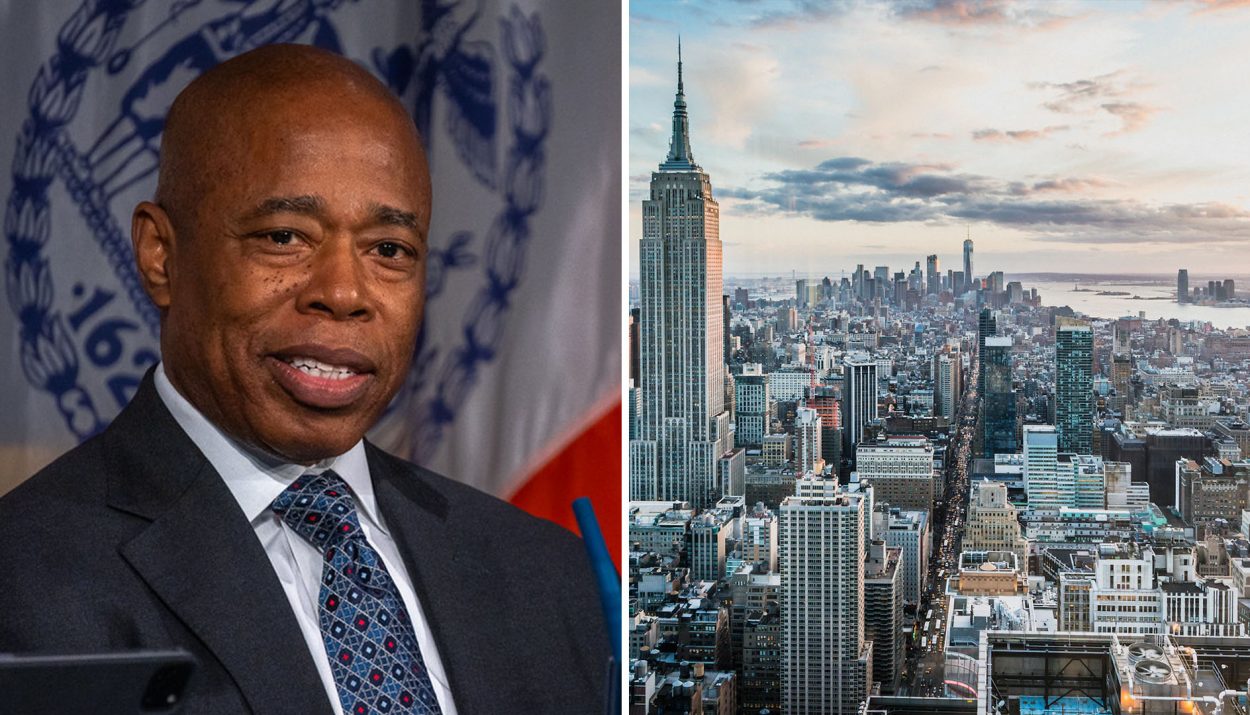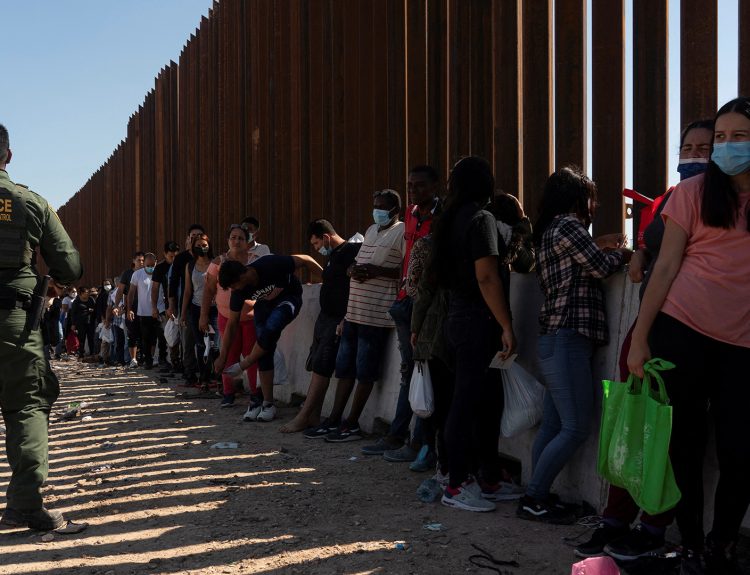Initially established in 1969, New York City’s Rent Stabilization Law has been extended to the year 2027 by Mayor Eric Adams. This legislation significantly regulates the amount that landlords are allowed to increase the rent. The extension has prompted a mixed bag of reactions; tenant advocates celebrate the decision for its potential to protect affordable housing, while landlords argue it limits their profit margins and ability to invest in property improvements.
Reduction In Vacancy Rates Post-Pandemic
New York City experienced a significant decrease in their vacancy rates following the pandemic, signaling a robust recovery and a return of residents.

In 2021 the vacancy rate was 4.54%, and has drastically decreased to 1.41%, showing a clear indication for the demand of housing in the city.
Advocates For Working-Class New Yorkers
Mayor Eric Adams expressed his support of the law during the bill-signing ceremony.
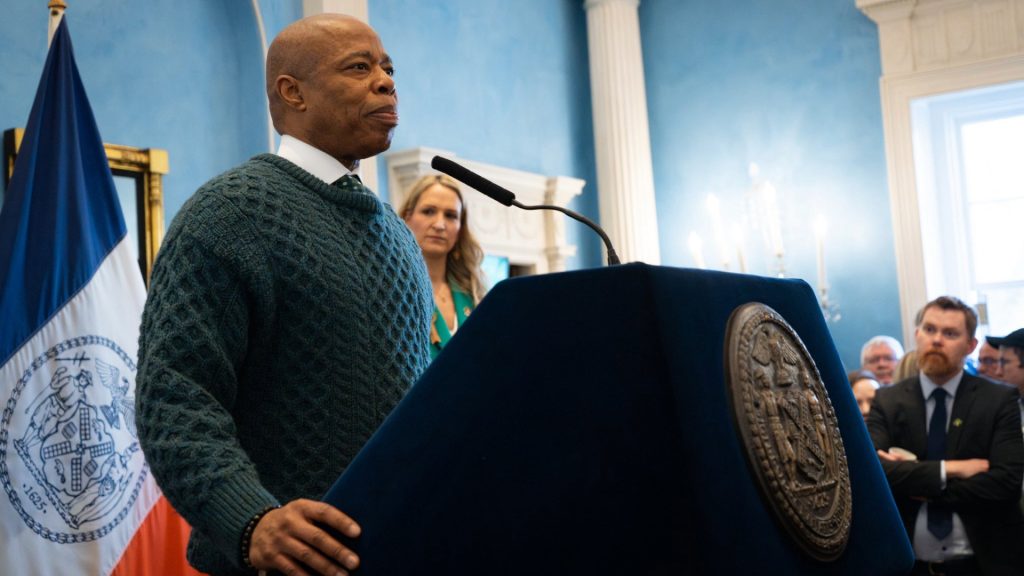
He stated, “Our rent stabilization laws are critical to the security of working-class New Yorkers who live in rent-stabilized housing.”
Transition From Commercial to Residential Spaces
To address the housing demand, New York City has implemented new zoning ordinances to allow the conversion of commercial buildings into residential units.

This initiative aligns with the “City of Yes” efforts, with the purpose being to increase the supply of housing and tackle the urgent need for increased living spaces.
Formal Statements On Housing Emergency
Adolfo Carrión Jr., the commissioner of the NYC Department of Housing Preservation and Development, commented on the housing situation, stating,
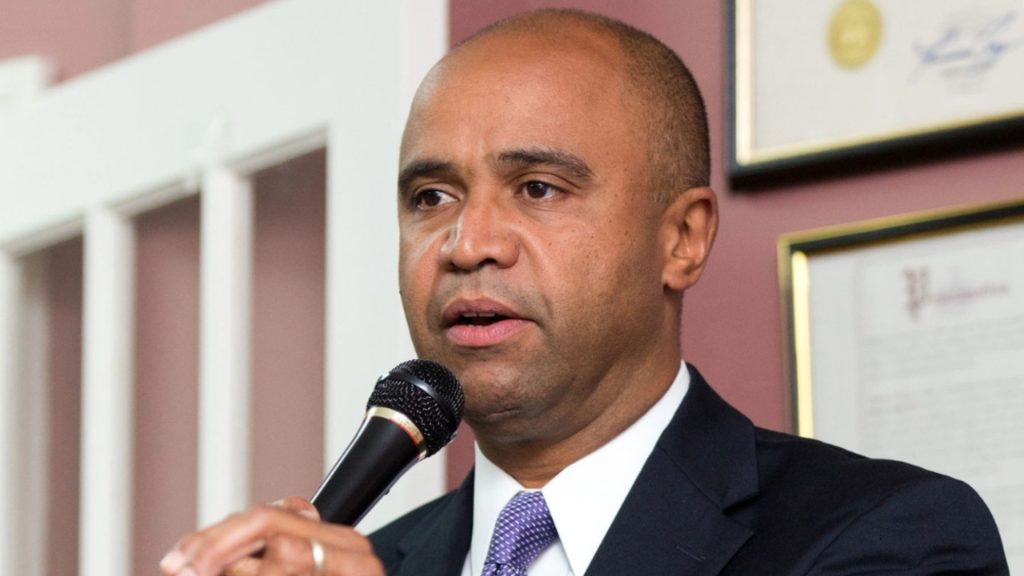
“Declaring a housing emergency and extending rent stabilization another three years is a necessary step to protect some of the most vulnerable renters from unaffordable rent increases, but it does not get us out of this crisis.” He underscored the imperative need for thorough solutions to the housing shortage.
Legal Objections To Rent Stabilization Law
Landlords have appealed to the United States Supreme Court for review of the legality of the rent stabilization..
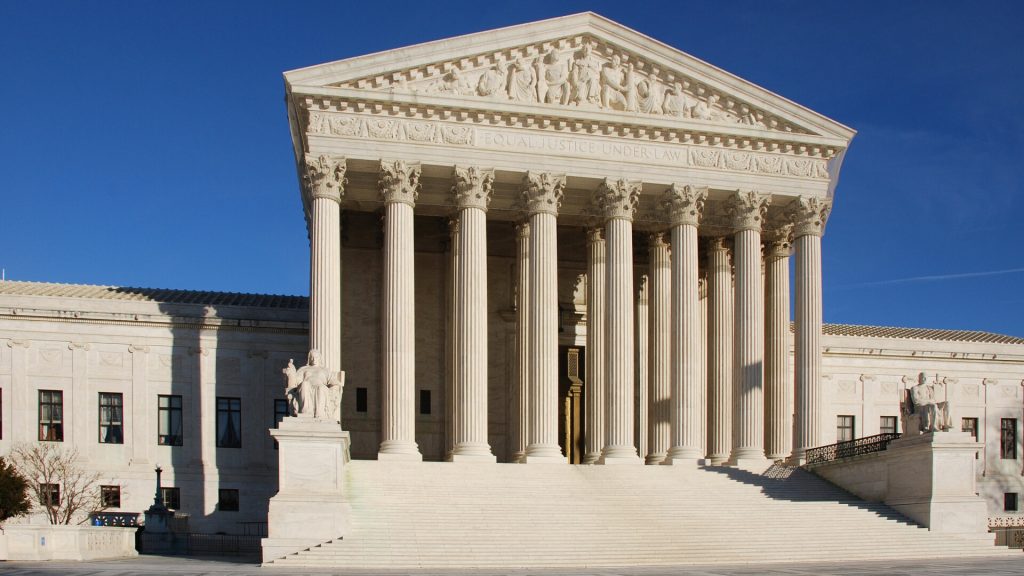
Despite these efforts, the Supreme Court has rejected their requests on three separate occasions. The Rent Stabilization Association of New York has censured the law for “arbitrarily” establishing rents while property taxes continue to rise, yet their appeals for modification have seen little success.
Protection Against Evictions
The rent stabilization law doesn’t just control rent increases, it also protects tenants from illegal evictions, and ensures them access to lease renewals. .
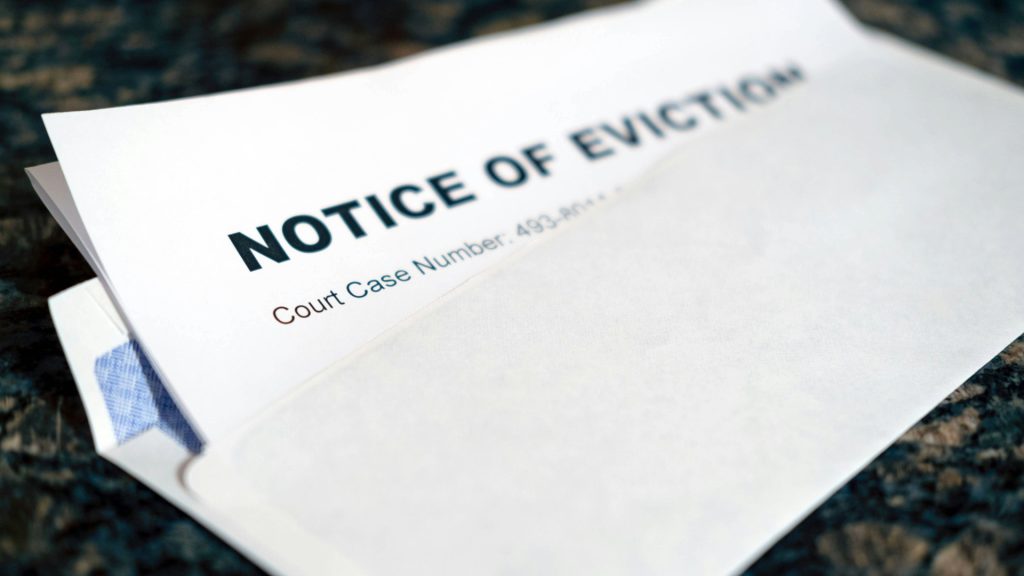
The Rent Guidelines Board has established guidelines for rental increases, making them 2.75 percent for the first year of two-year leases and 3.2 percent for the second year.
The Perspective Of City Council
Adrienne Adams, City Council Speaker, underscores the significance of the legislation extension, she stated, “Our city is facing a housing emergency with a dire shortage of available homes that impacts all New Yorkers.”
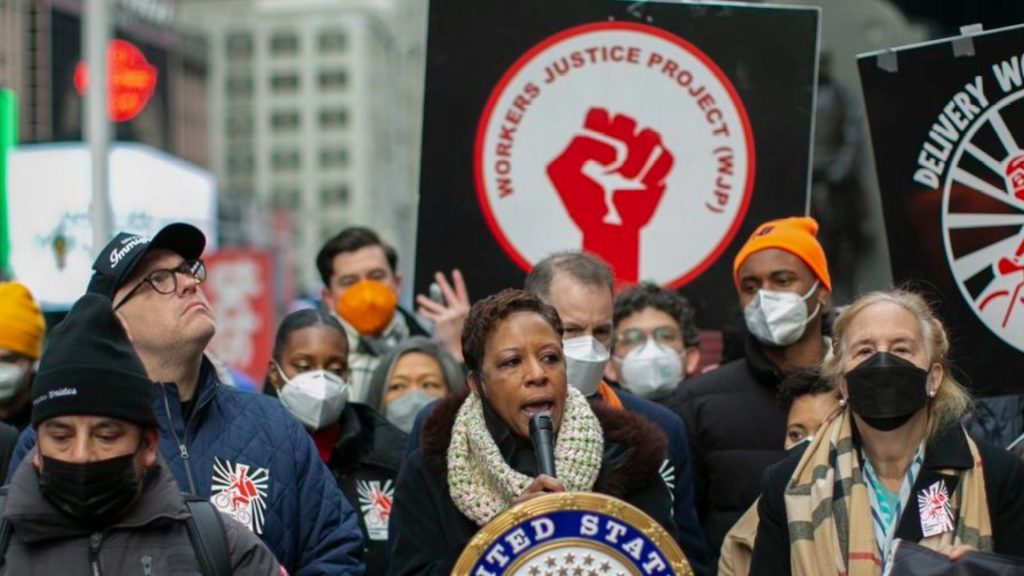
She highlighted that the extension is essential for maintaining rental regulation protection within the city.
Possible Effects On Living Conditions
Austin Hair, a management partner at a real estate marketplace Leaders Token, cautioned that if landlords face financial pressures due to the law, the quality of living conditions for tenants could deteriorate

He argued that inflation could exacerbate the situation by increasing the costs associated with property maintenance and improvements.
Concerns Regarding Maintenance And Improvements
The founder and president of Vested Title & Escrow, Alan Chang, voiced his concerns that if landlords cannot adjust rents in line with market rates, there might be insufficient funds for property maintenance and improvements.
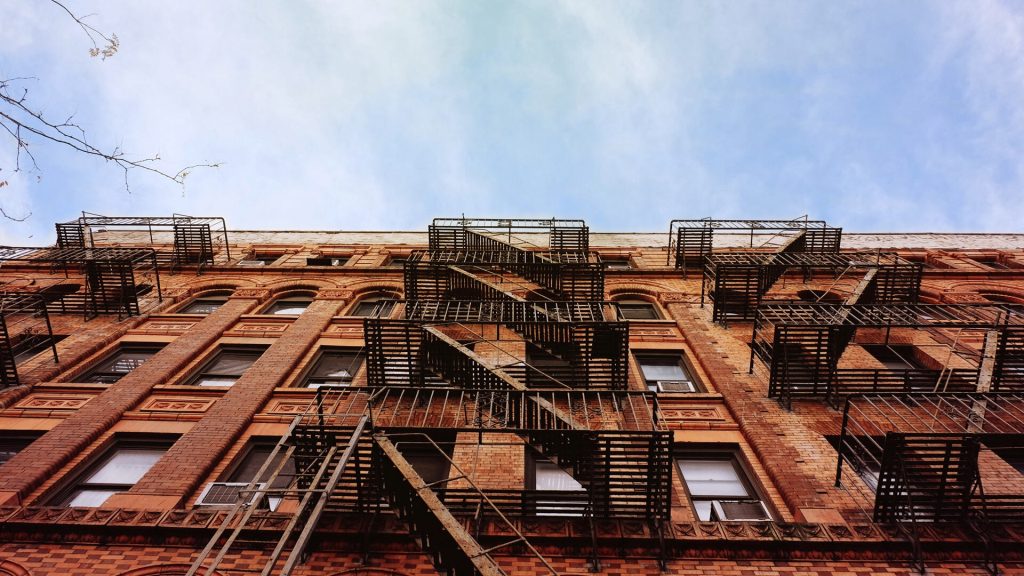
He stated, “With inflation still at high levels, the cost of everything is more expensive, including labor and materials for housing upkeep.”
Realtor Opinion On Financial Strain
A realtor, Pila Jessie, gave insight into the challenges faced by landlords under the rent stabilization law.

Jessie said, “Landlords feel underrepresented and unheard. It’s not solely about maximizing profits; rental properties are also known as income properties so they should, by design, generate an income. For many landlords, maintaining their properties becomes a financial strain rather than a source of returns.”
Housing Deficit And Affordability Challenges
A real estate broker for the Scott Group, Cody Horvat, gave his opinion about the rent stabilization law, saying it is a temporary solution to a much bigger problem. Highlighting the deficit between income and the cost of living in New York City.
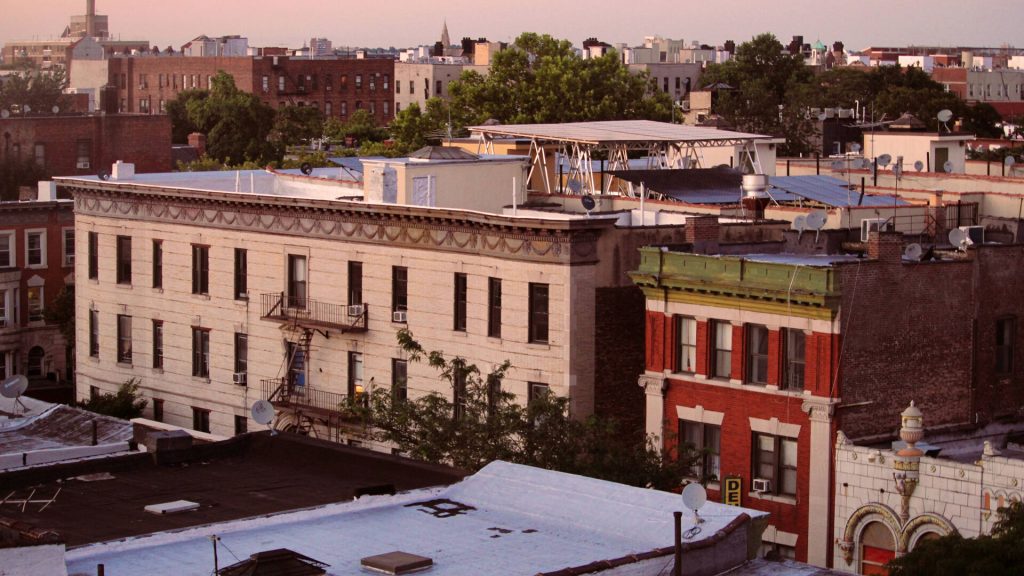
He pointed out that the median income for Manhattan at $52,409 and the average rent for a one-bedroom apartment at $4,192, a lot of residents struggle to find suitable and affordable housing.

